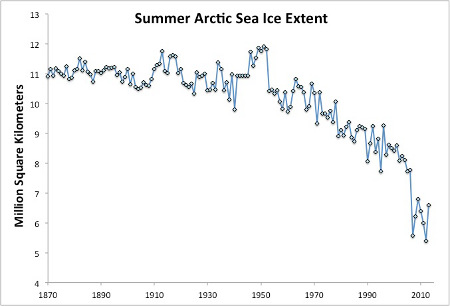As
a Christian thinker and a climate scientist, I don’t want to talk this morning
just of facts and figures, but imagination and dreams. I dream of
a world of peace and justice, where resources are shared fairly, and where the
Earth is treasured and protected.
Climate
change is not just about science, technology or politics, although we need good
science, green technologies and strong vision and leadership. Climate change is
a deeply moral issue, and as we face an uncertain future, every
person needs to be able to dream; to imagine a different world, a different way
of pursuing the good life.
My
dream of a better world is shaped by the Christian story of a God who loves,
creates, redeems and renews. The cross of Jesus is the greatest expression of
God’s love, and in response I am compelled to love God, and love my neighbour.
To
love God means that I must love the world he has made. If the world
warms by 2 degrees, more than 99% of all coral reefs will disappear; amazingly
rich and beautiful ecosystems that are thousands of years old. Because I
believe in a creator, this world is not disposable but sacred. The
destruction we risk is not only wanton, but blasphemous.
In
a world where I wear clothes made in Bangladesh, watch American movies
on a Korean TV, and when I drive my Japanese car I add gases that warm the
whole planet, everyone is my neighbour. In the parable of the Good
Samaritan, Jesus told a story about a man attacked by robbers, to teach us that
we are to love our neighbours when they are in need.
This
story of Jesus calls me to be a Good Samaritan and bind the wounds of those who
suffer, and right now, people are suffering from climate change; from
sea level rise, heat waves, bushfire and more violent storms.
But
more than this, if we fail to act now to limit future climate change, we
are not just being bad neighbours; we are robbers, stealing from our
neighbours and future generations the chance to live full and meaningful lives.
So,
today, I implore to think about what inspires you to dream of a better
world, and act on climate change
Let’s
dream together to protect this world we all call home, and together live
as neighbours.
God
bless you.







